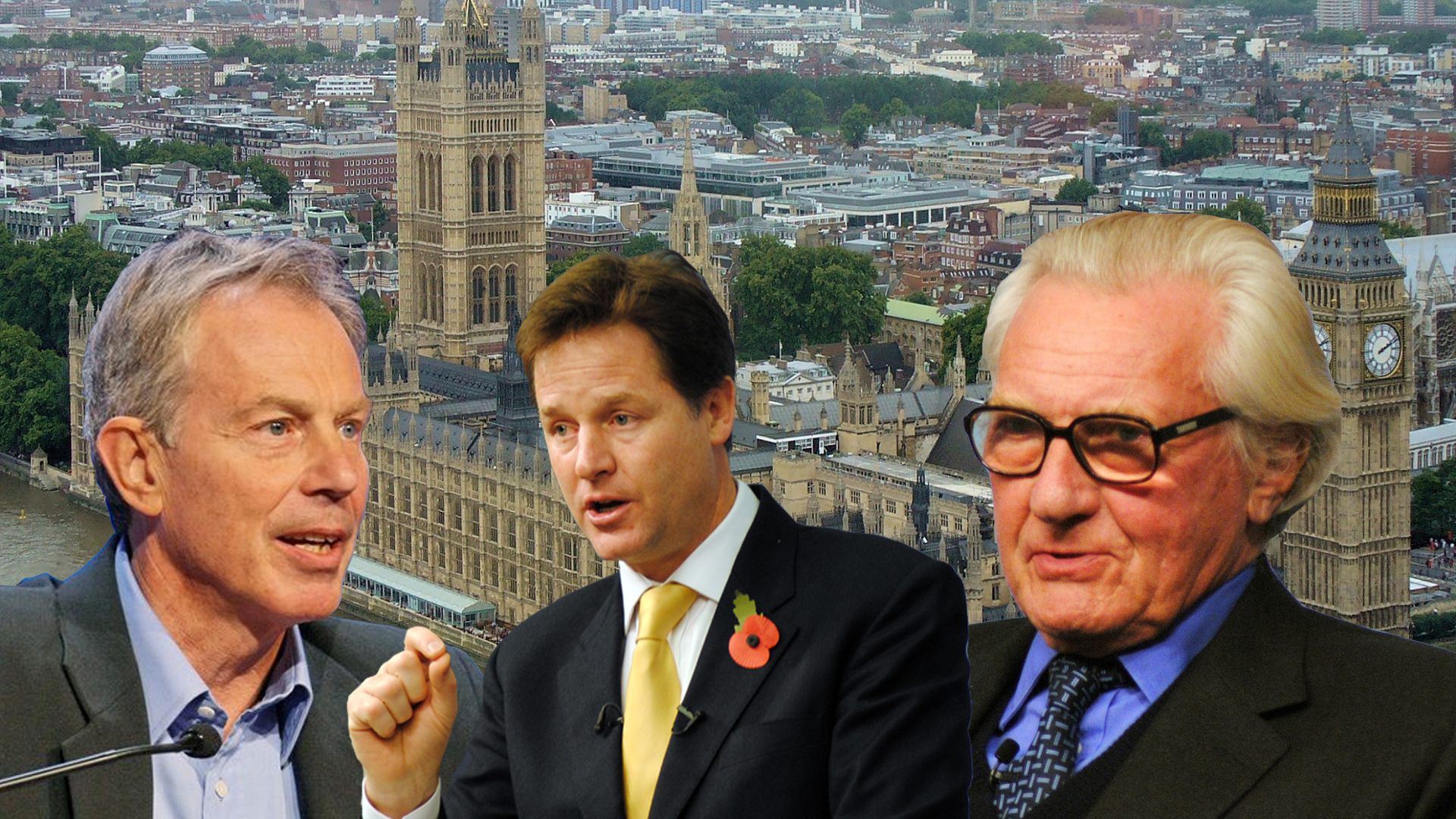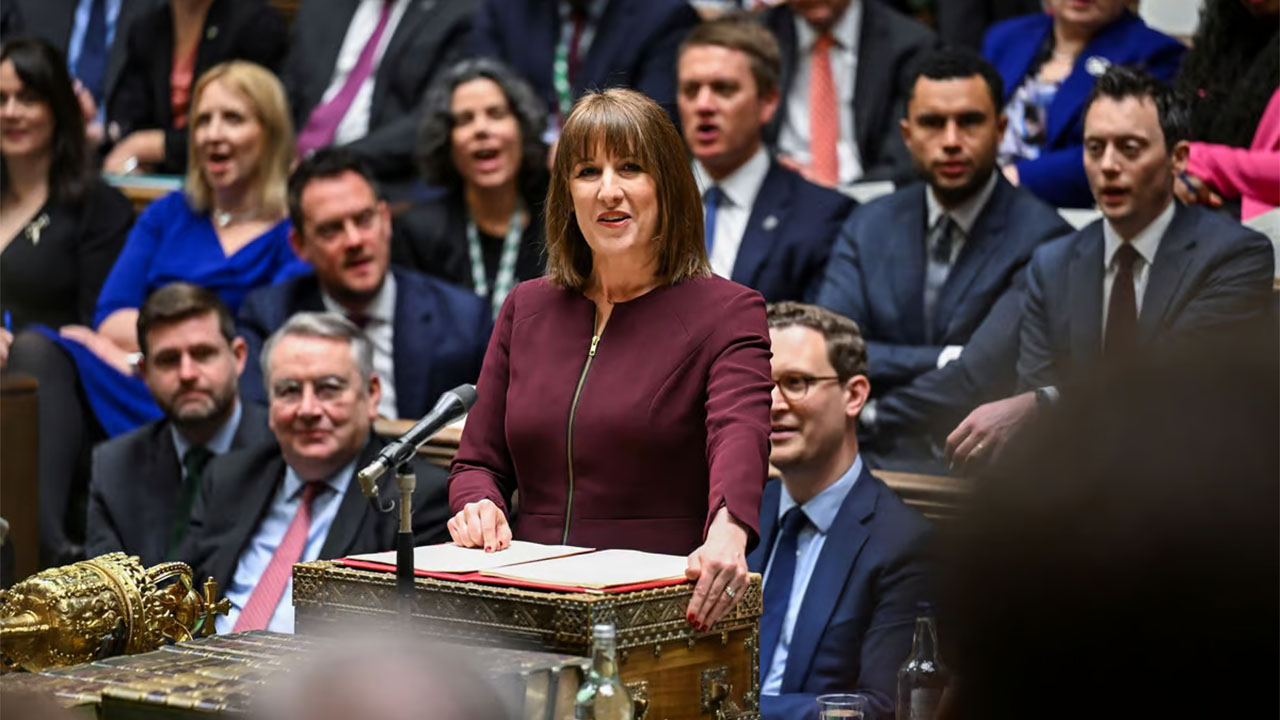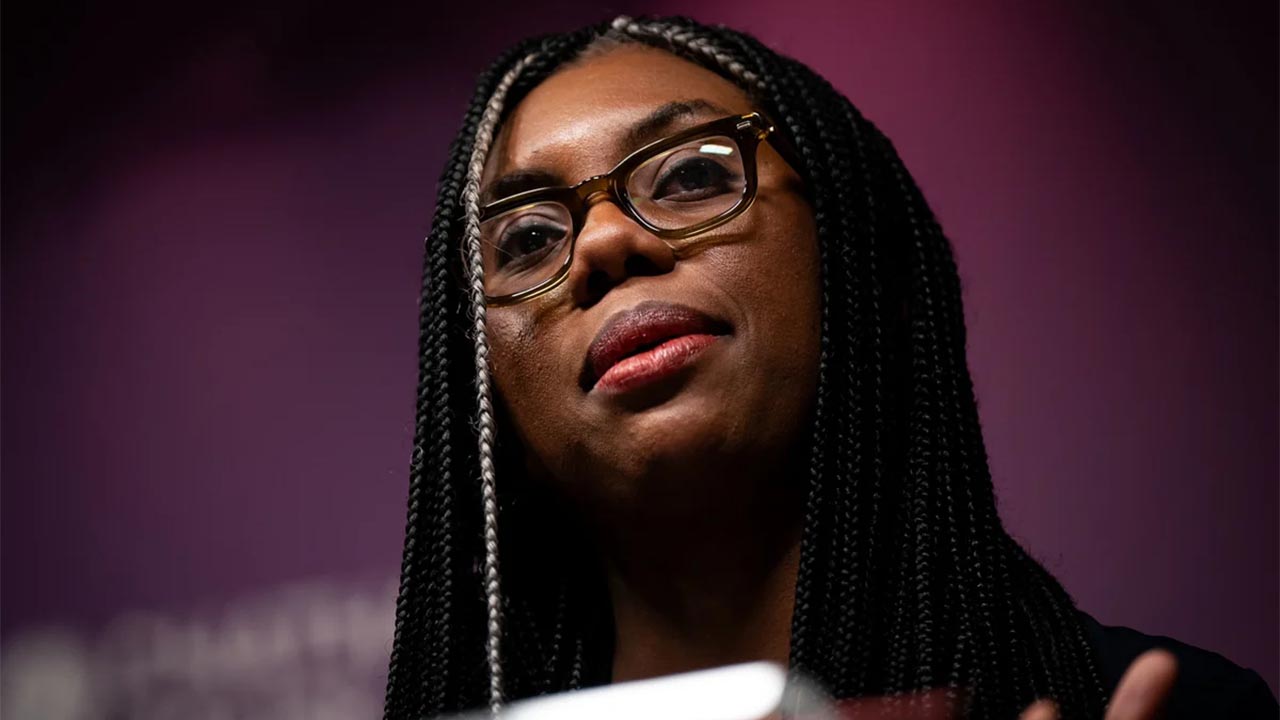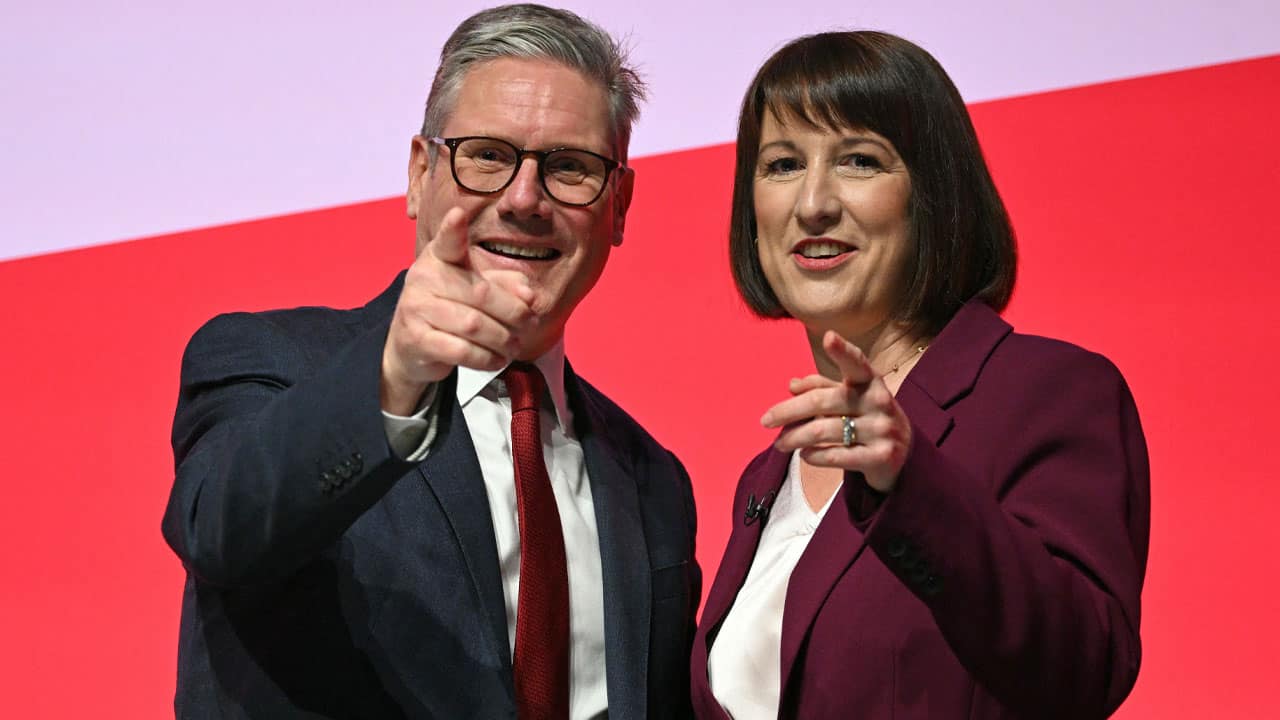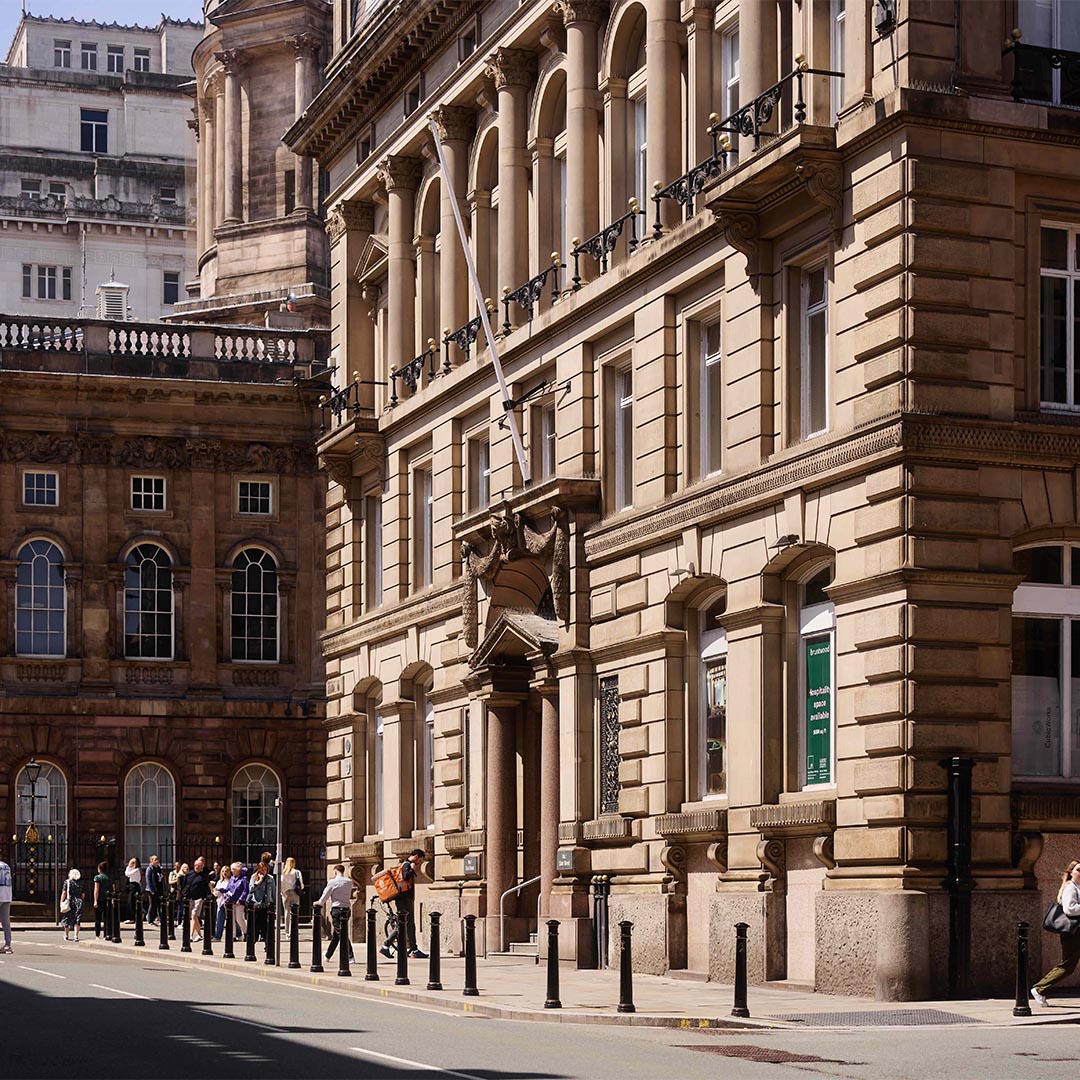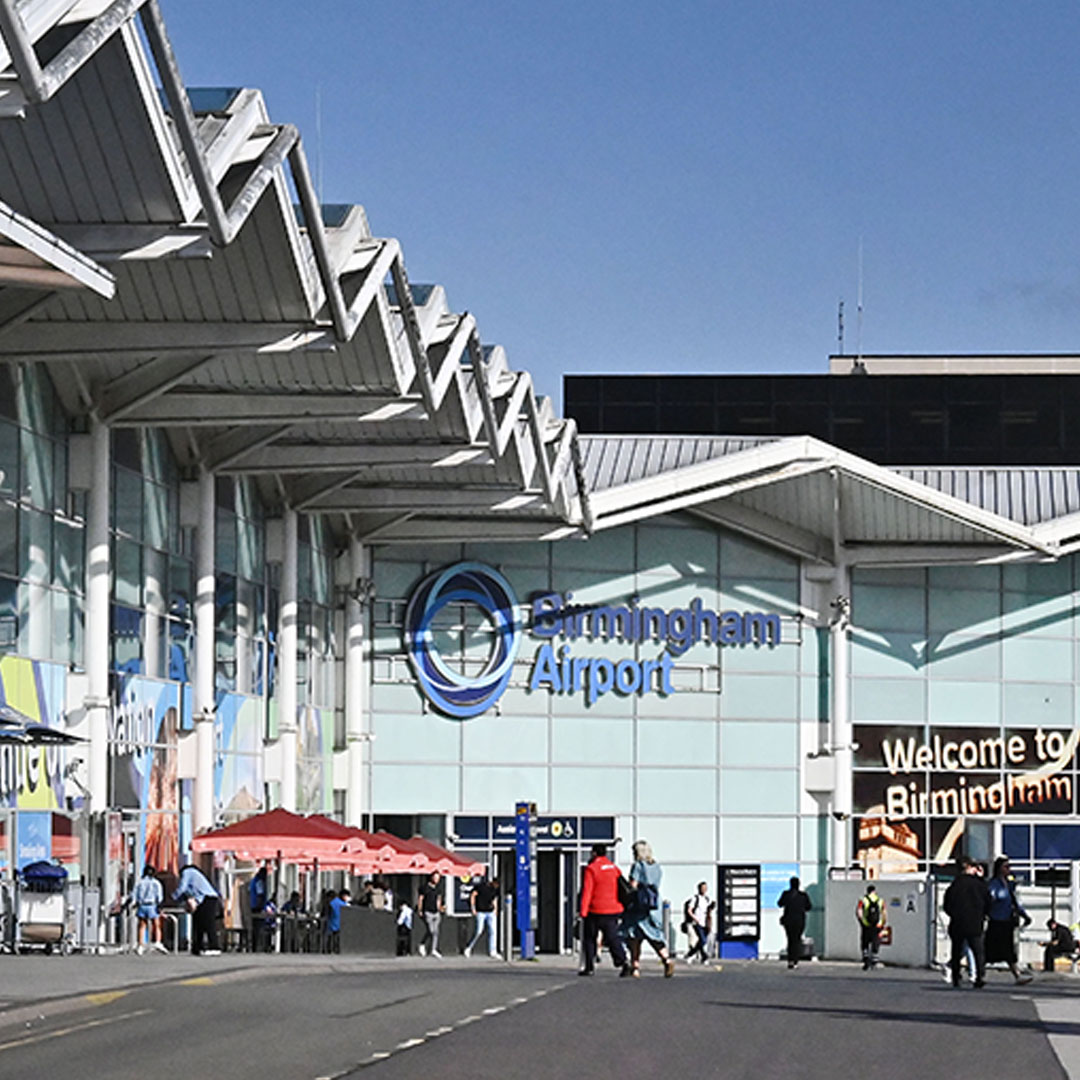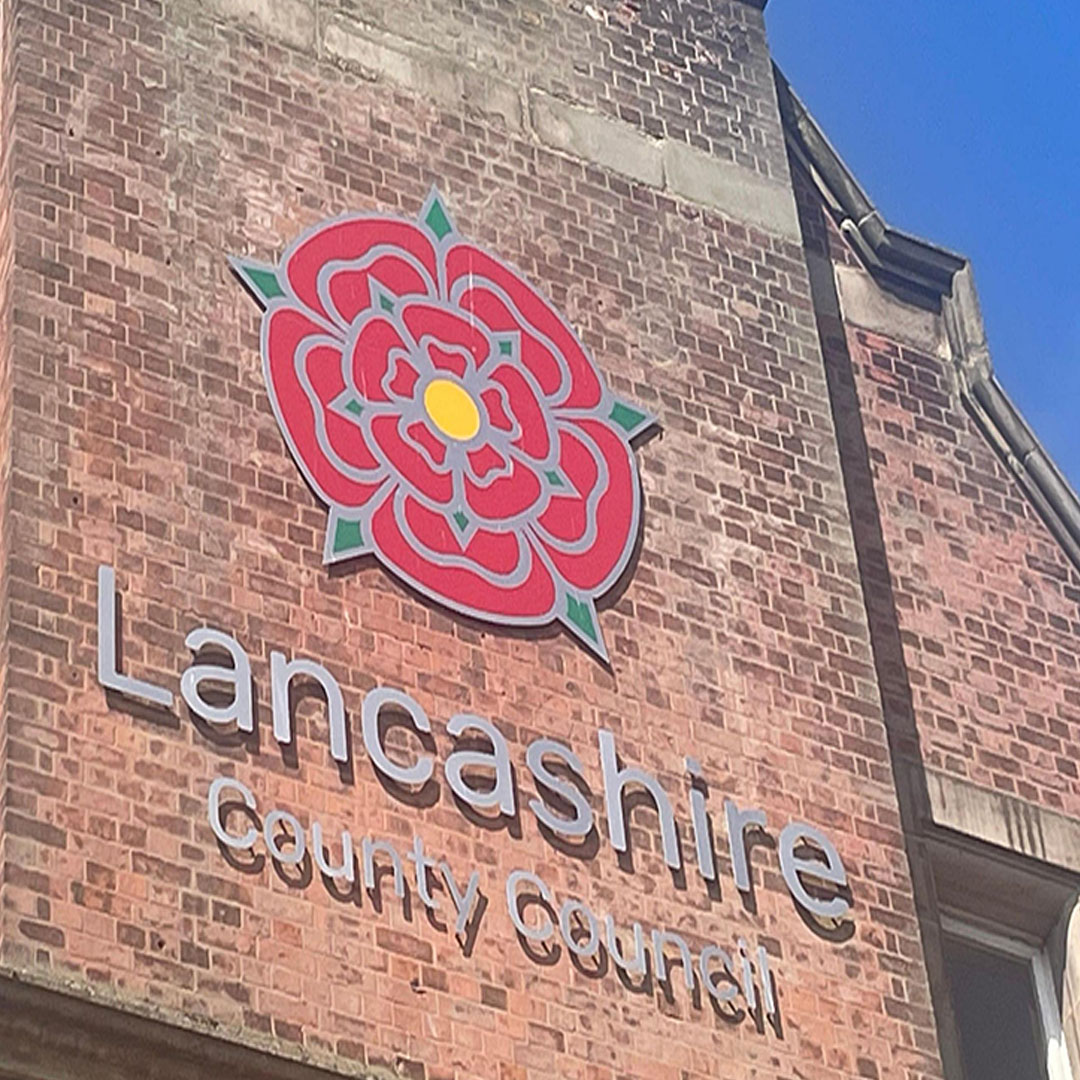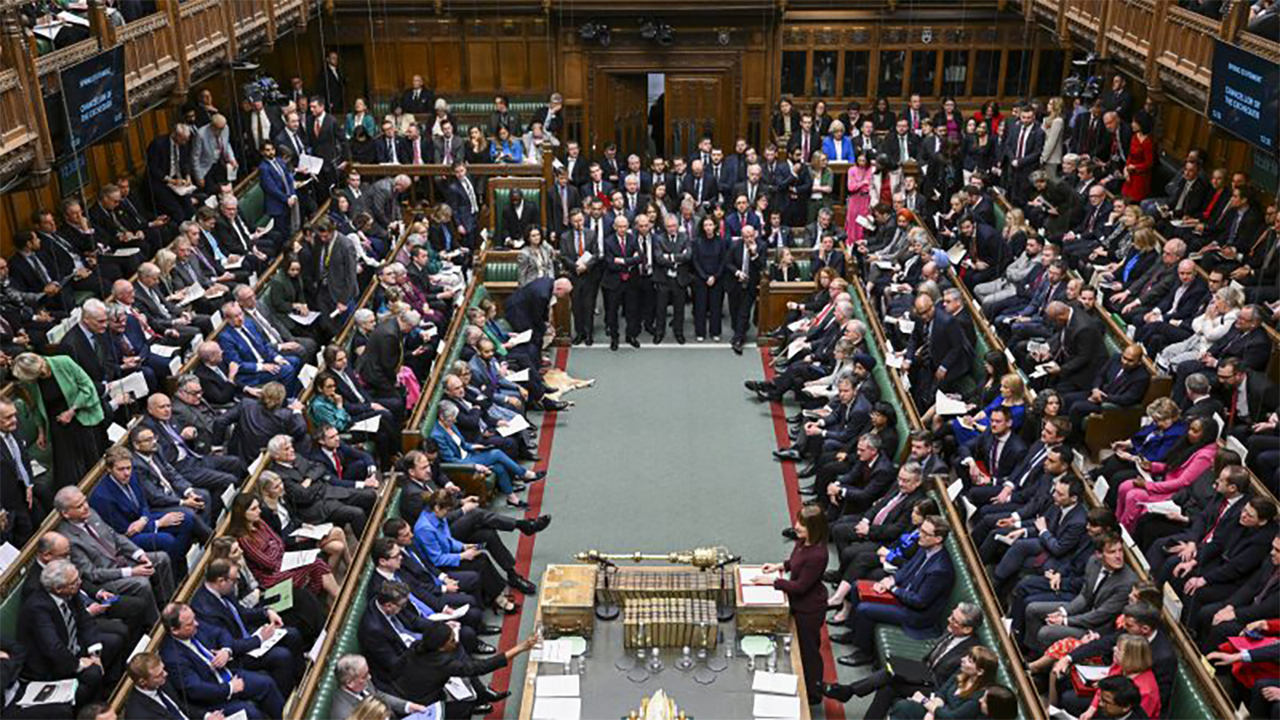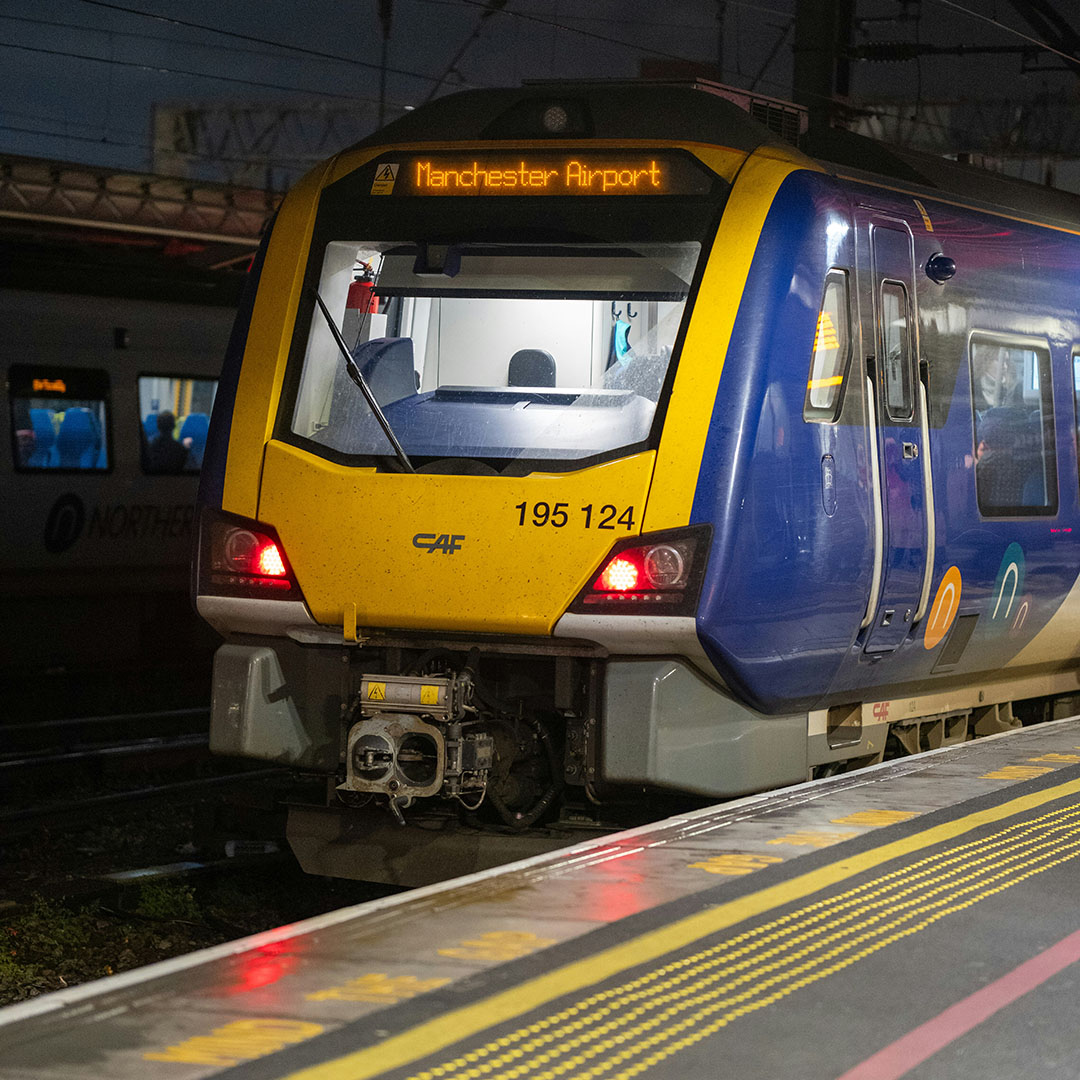It is very easy for what is often described as the ‘politically homeless’ to decry the polarisation that dominates our politics at the moment.
Labour has been taken over by Jeremy Corbyn and the hard left; whilst the Conservative Party is dominated by its extreme right wing, led by Jacob Rees Mogg, with Boris Johnson as his ‘frontman’.
It leaves those of us who believe in social democracy, liberalism or ‘wet’ Toryism, shaking our heads in despair, and at times lecturing the populist political personalities and their followers about how deluded they are.
I am as guilty as the next ‘New Labour’, ‘Blue Labour’ or ‘Red Tory’ proponent at writing a critical blog, or posting an irate tweet expressing my opinion that Corbynistas and Moggmentum supporters are deranged, destructive and de-problem with the United Kingdom in 2018.
However, it is time for those of the ‘middle ground’ of British politics to start to take responsibility for where we have ended up – and begin to appreciate that a different agenda, strategy and approach is needed in the twenty-first century to the policies that were offered by Tony Blair and led to his landslide General Election victory in 1997.
It may not sit comfortably with me, but within many communities across the country there are huge concerns about immigration. I am convinced that the majority of those who supported withdrawal from the EU did so as a result of those concerns. Liberals can describe these voters as racists, but to simply dismiss them in this regard is to patronise and misunderstand their worries.
Many may believe that hugging hoodies is still a legitimate way of tackling crime and anti-social behaviour. However, anyone witnessing the soaring knife crime in our inner cities and run- down towns and the spate of heinous acid attacks across the country will feel that ‘tough on crime, tough on the causes of crime’ has failed.
Cuts to public services, including a dramatic reduction in police numbers, are blamed by liberals for this epidemic – but it was the Liberal Democrats who supported their then Tory partners in adopting austerity; and there was a meek acceptance by Ed Miliband and his Labour Party of 2010 that investment in good public services could not be advocated following the financial crash two years earlier.
Other than developing an increasingly compelling argument against Brexit, what are the soft left and the Tory wets saying about these key challenges that are exercising the minds of the Great British public?
Talk of a new party is all well and good, but what would it stand for? Being pro-EU does not a Manifesto make.
New Labour 2018 would not get anywhere near forming a Government – as Blair would be the first to admit. Brits are now looking for something completely unique from anything we have had before in post war politics.
They want a party that will fund public services properly and be tough on immigration. They want young people to be given better education and more opportunity, and violent criminals to be far more severely punished than is currently the case. They are beginning to understand that the negative effect of Brexit may be a shortage of NHS staff; but they still want policies in place that insist on all non-Brits residing here adding genuine value to UK PLC.
There is no one political movement ticking all these boxes – but the hard left and the extreme right tick some of them.
Can a new party emerge that can create a narrative that can begin to win back the support of those who have simply given up on consensus politics? And even if it does, can it find a personality who is as ‘authentic’ as Corbyn or a ‘showman’ like Johnson?
Unless and until we Liberals do so, the country will continue its drift towards extreme populism.


